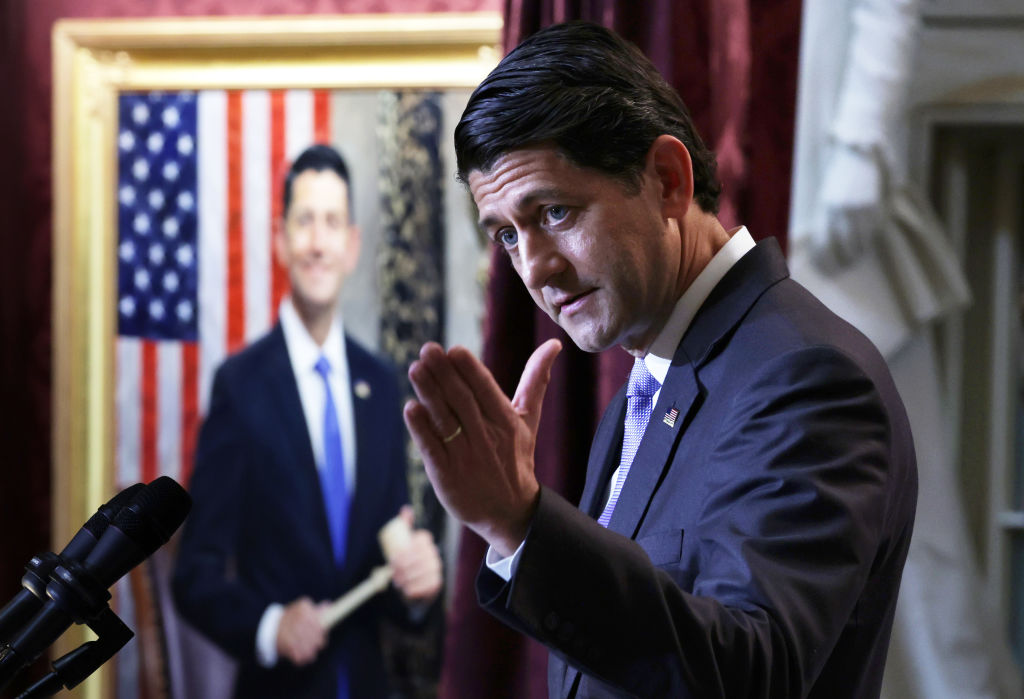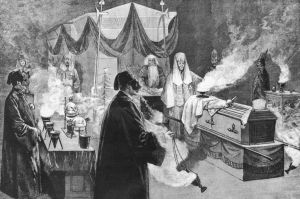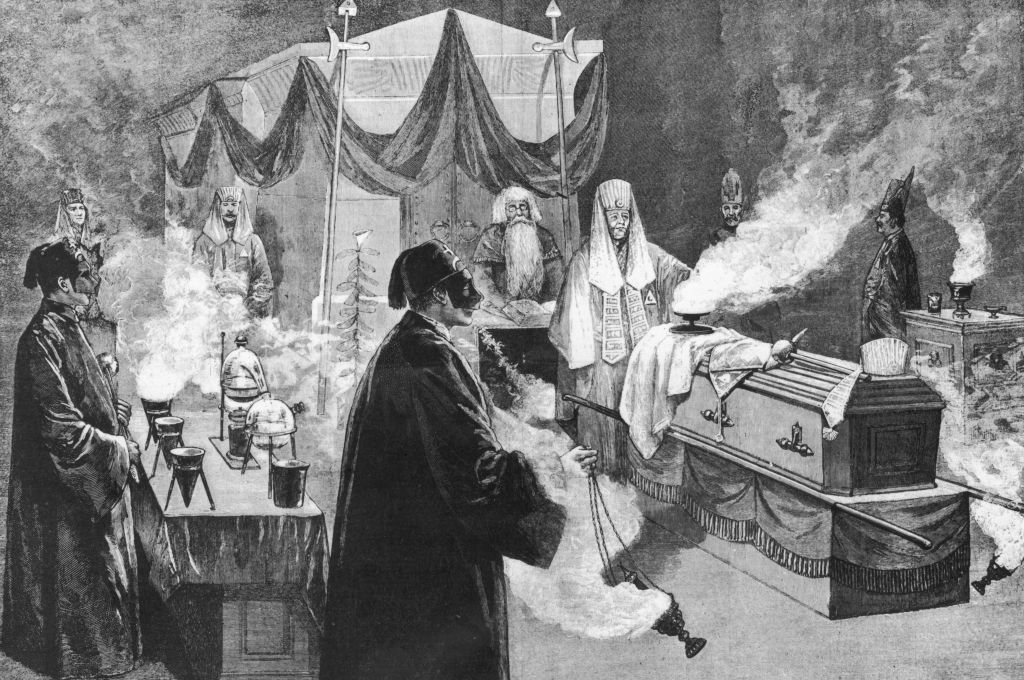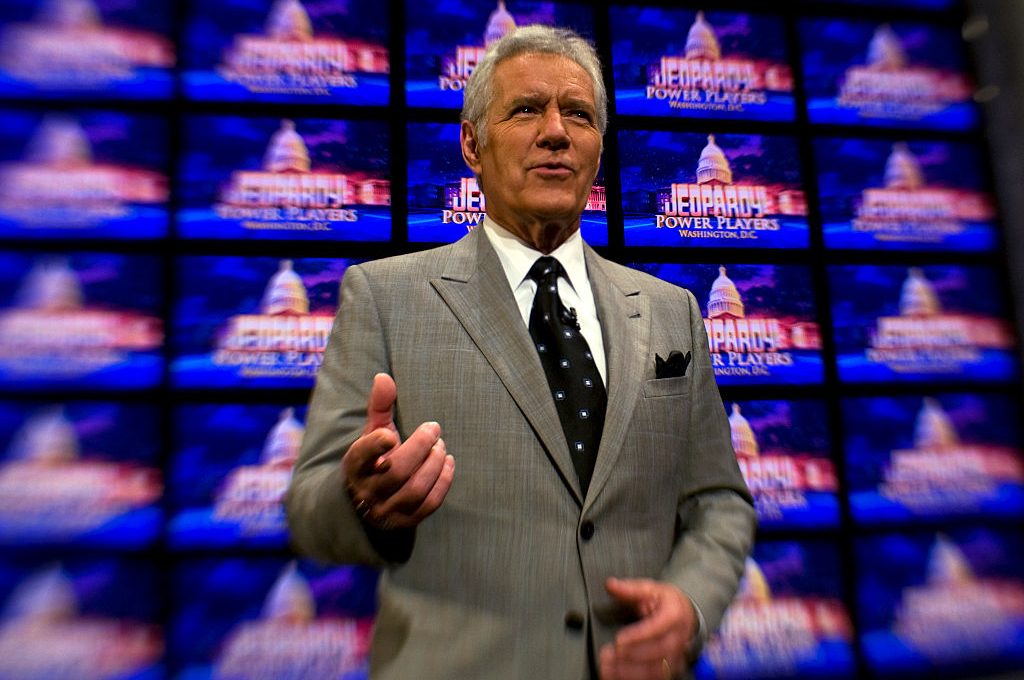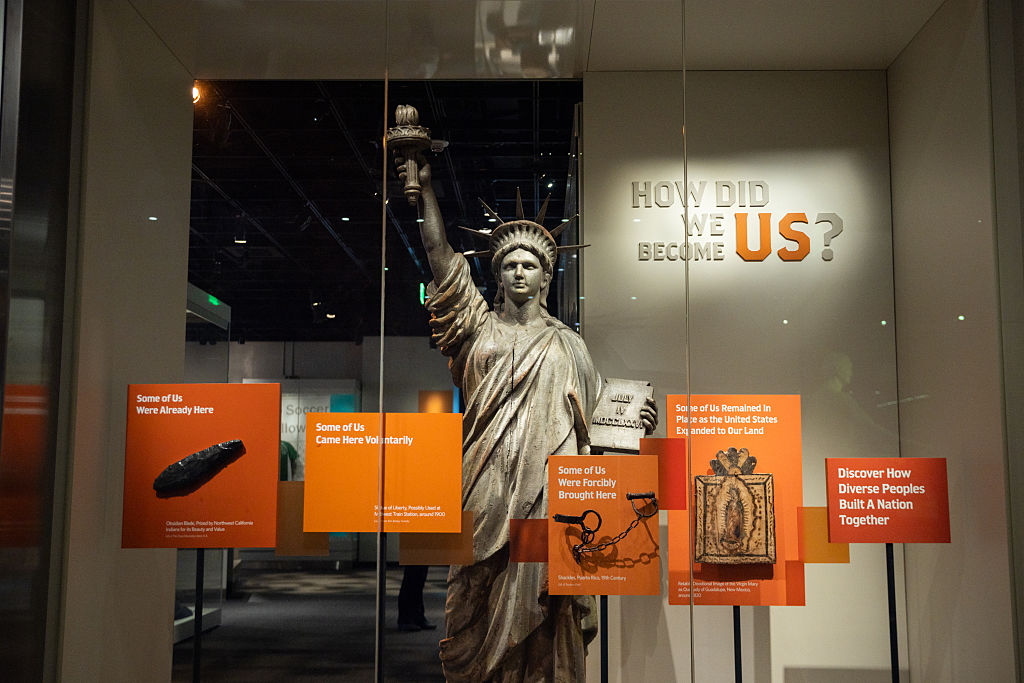For all the splits on the right at the moment, it’s worth taking note of rare unity in decrying former House Speaker Paul Ryan’s comments about the culture war to CBS This Morning on Monday.
Former wide receiver turned morning host Nate Burleson asked Ryan about what he described broadly as a GOP movement to prioritize the culture war. “Republican lawmakers around the country are pushing legislation when it comes to banning books, it could be trans rights, call it ‘anti-woke,’ however you want to label it,” Burleson said. “Is this a good approach? Is that a good strategy? You’re a football fan, is that how you should approach the game?”
“I’m not a culture war guy,” Ryan answered. “I think it’s really polarizing. Look, on some of these issues, I’ll side with the ‘anti-woke’ crowd, but to me I’m worried about the debt crisis. I’m worried about the future of our country and China. There are big policy problems that we need to tackle if we want to have a great twenty-first century for this country. Culture war politics is good primary election politics. It’s very divisive, but it’s effective politics. I’ll grant you that. But for me I’m an old Jack Kemp guy. I believe in inclusive, aspirational politics, [that can] solve problems…”
For most viewers, it sounded like Ryan had no appetite for the current Republican attitude toward fighting the culture war — and for his conservative critics, it came across as out of touch and narrowing the importance of issues to leave out the uncomfortable ones. It’s also always amusing to me how fiscal conservatives tend to frame issues like debt, taxes, welfare and entitlement reform — some of the most polarizing subjects in every poll — as safely non-divisive when compared to crime, the border, books pushing a radical sexual agenda at kids and allowing men in girls’ locker rooms. If pushing back against China isn’t part of the culture war, what is? And if entitlement reform isn’t polarizing, what is?
Yet there’s something missing from the criticism of Ryan’s comments that is actually quite revealing about the Republican Party and its current coalition. Clearly, the vast majority of Republican voters currently want to nominate Donald Trump or Ron DeSantis — two populists who’ve leaned into the culture war, albeit in different ways and with a wide variance in outcome. But there are still a lot of Republicans left uncomfortable by the prospect of a culture warrior as the nominee — left ill at ease with Burleson’s frame of standing for “book bans, [against] trans rights, anti-woke” legislation. They might only be the same portion that favors a Nikki Haley or a Tim Scott, but they’re still there.
It’s possible, though, that they aren’t really experiencing the same life of many of the new voters recruited to the Republican side by the culture war positions at issue here. It is a lot easier to be not about the culture war if you can afford to buy your family a deferment — particularly in the case of kids, if you can effectively dodge the culture war draft by putting them outside of public schools where so much of this war rages on.
I assure you: parents who can’t afford to do that would love to not be “culture war guys” either. They simply don’t have the resources and ability to insulate themselves from woke, institutional aggressors bent on raising their kids to hate everything their families believe in. They would love to find that separate peace for themselves. But most working families, and increasingly most middle-class families in America can’t afford to do that. That’s why they’re forced to be culture war guys.
For too long, the Republican Party left these families to the wolves. The pandemic, which revealed a glimpse of the aggressive race and trans agenda of victimization and wokeness, forced them to recognize reality. Ryan calls himself an old Jack Kemp guy, who was indeed a great spokesman for the American right forty years ago, turning his football stardom into a career making the case for free markets. But when Kemp won the AFL MVP, he threw ten touchdowns and eighteen interceptions.
The point is: that was a different time — and we’re not going back.



